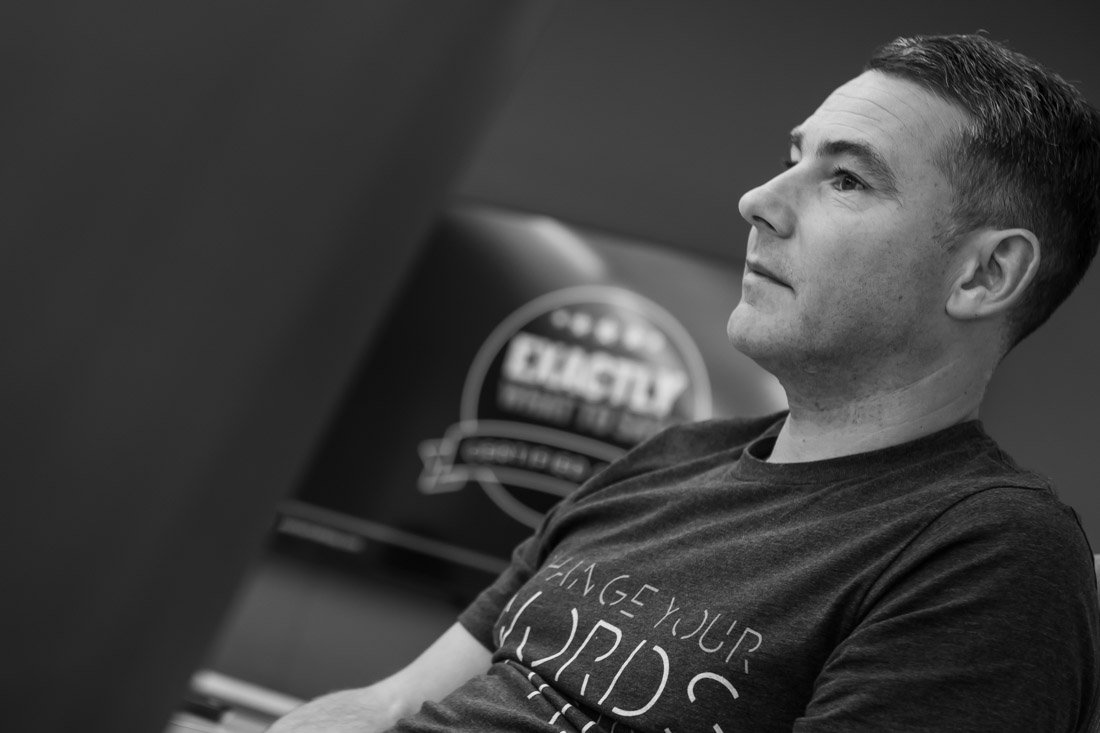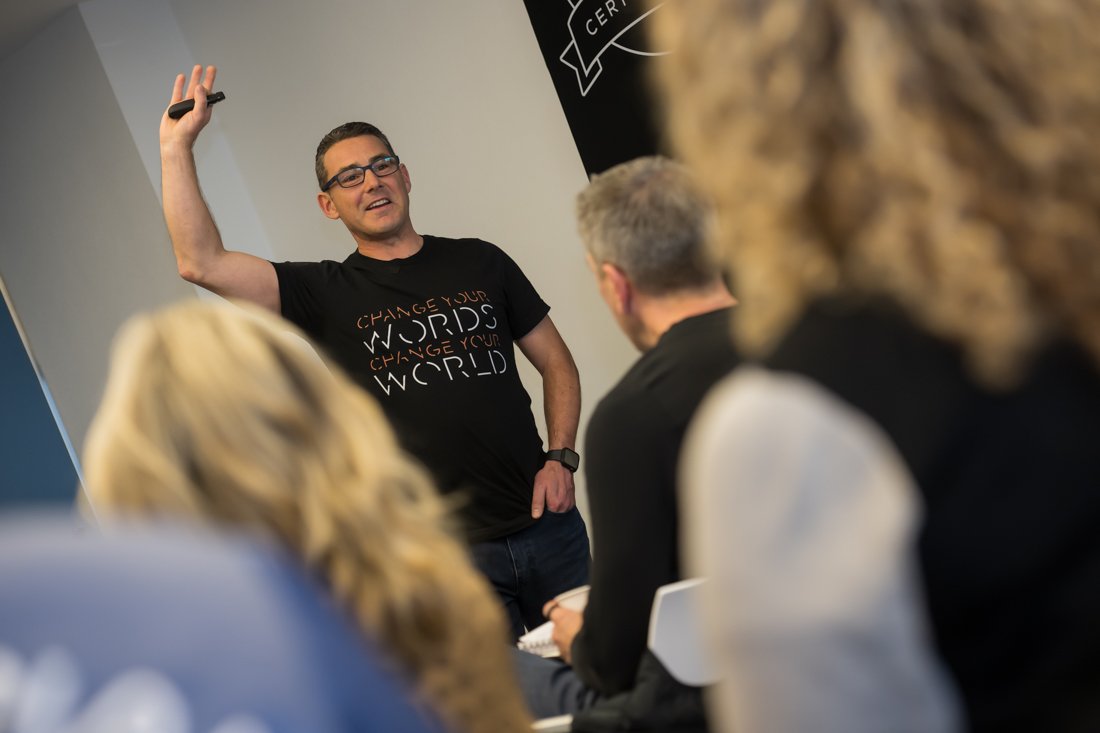If your aim is on everyone, you’re going to miss.
It’s easy to get carried away if someone shows an interest or they’re been recommended to you. Everyone wants to be liked and for their product to be liked. Everyone wants to be chosen.
However, to be truly successful, you must narrow your focus.
Aim For The Bullseye
Imagine you’re aiming for the bullseye of a dartboard. There’s a high probability that your aim will be off, but you can keep practising and every now and then, you’ll hit it.
You have somewhere to aim for and eventually you’ll get it.
If you didn’t have the focus on where you should aim that dart, it could have ended up anywhere. It could be on the ceiling, the floor, or the wall.
The fact that you’re aiming for the bullseye means that even if you miss, at least you’re landing on the board.
Understand Your Target Audience
You can use this same logic when you’re thinking about who is on the other side of important conversations. You need to be aiming very specifically and understand implicitly who your audience is.
What are they looking for? What problem do they need you to solve? How can what you sell benefit them?
You need to know who your perfect client is and what it is that your service provides that no one else can.
Focusing on your target market might make you realize that you’ve actually got more than one market.
Whatever the case may be, you need to know exactly who you are pursuing so you can share it easily with the right people.
You Are In Control
Going wide means that you’ll meet tons of people, many of which might not be interested, but through this process, maybe you snare a few.
Going too narrow might see you fishing for the unique ‘one’ in a sea of hundreds. You might only need 7 transactions a month, but having such a niche market makes it really hard to find the right person to bite.
You’re in control of this situation so narrowing your aim will make this process as simple and pain-free as possible.
People Want More
Consumers can get more educated before they even start to enquire professionally. So when a person starts browsing they are looking for specialist help.
They are not looking for a person. They are looking for the right person to help them, guide them, and provide a solution to whatever problem they have. Whether that’s a better internet provider, the perfect house, or the next big collaboration.
Have Clarity
You need to have clarity on what your specialism is. Why they should choose you, and why you have the edge.
The last thing you want to be is vanilla ice cream if someone is looking for mint choc chip.
Once you know who your target audience is, you’ll be in a much better situation to appeal to them.
You can start to narrow your aim by asking the following questions:
- Where are they located?
- How big are they? Are they single or is it a company?
- What industry are they in?
Narrowing down your search area will help you focus on driving forward. Knowing what kind of business set-up they might have and what industry they might be in is super helpful too.
Try to be discerning about your follow-ups and devise a system where you can gain as much knowledge about who you’re searching for, and also the person who already left their details.
In doing this you won’t waste your time or theirs.
And you might just hit that bullseye more often.








